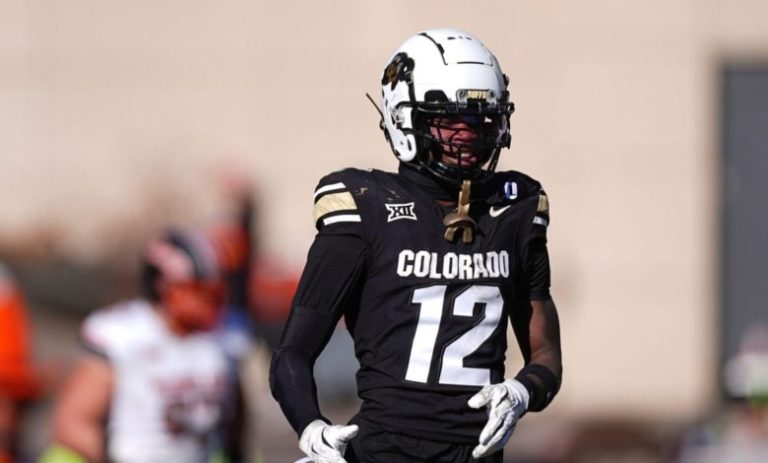
What Has the Heisman Trophy Become?
As the 2024 Heisman Trophy ceremony approaches on Saturday, Dec. 14, Travis Hunter of the Colorado Buffaloes is widely expected to take home the prestigious award. However, the lead-up to this year’s presentation sparks a recurring question.
What has the Heisman Trophy truly become in today’s college football landscape?
The Myth of “Best Player in College Football”
The Heisman Trophy is often described as an award for the best player in college football. However, the criteria for winning show this to be far from reality. Defensive players, for example, have virtually no shot at winning because their performance cannot be easily quantified with statistics that resonate with voters. This reliance on metrics like passing yards or touchdowns excludes players who dominate on defense. The last time a primarily defensive player won was Charles Woodson in 1997, and even then, his contributions as a punt returner and occasional offensive player helped his case.
In essence, the Heisman is not about the “best” player in the sport—it is about the best offensive player, with an emphasis on quarterbacks, running backs, and occasionally wide receivers.
The Power 5 (or Power 4) Bias
Another unspoken rule of the Heisman race is that a player must hail from a Power 5 conference, now a Power 4 after recent realignments. Even in years when players from non-Power 5 conferences have standout performances, they are unlikely to secure enough votes. Take Boise State’s Ashton Jeanty, who will likely finish second this year. While his achievements are exceptional, his candidacy is an anomaly in modern Heisman history. The last player from a non-Power 5 team to win was Navy’s Roger Staubach in 1963—over six decades ago.
Houston’s Andre Ware is sometimes brought up as an exception, but he played in the now-defunct Southwest Conference, which was a power league at the time. The Heisman’s history shows that even exceptional performances from players outside the elite conferences are insufficient to overcome the bias.
The “Team Success” Requirement
Being on a highly-ranked team is almost a prerequisite for winning. Most winners come from programs ranked in the top five or, at worst, the top eight. A Heisman candidate from a four- or five-loss team? Forget it. This irony is glaring given that football is inherently a team sport, with individual success often tied to collective performance.
This year, however, we have an exception. Travis Hunter’s case bucks the trend of requiring team success. Colorado, with its three losses, is not a playoff contender. Yet, Hunter’s two-way play and media spotlight—thanks in part to Coach Deion Sanders’ relentless promotion—keep him front and center. Without the hype, Hunter might not have maintained his frontrunner status, even with his remarkable skill set.
Why Travis Hunter?
Travis Hunter’s ability to excel on both offense and defense makes him a unique candidate. Playing 120 snaps a game at a high level on both sides of the ball is unheard of in modern football. His versatility is reminiscent of the sport’s early days, when players were expected to play both ways.
Additionally, Colorado’s thrilling Hail Mary win earlier in the season helped maintain their relevance and kept Hunter in the national conversation. Hunter’s story also aligns with the Heisman’s increasing alignment with media narratives—his electrifying highlights and consistent coverage have made him a household name.
The Future of the Heisman
Hunter’s presumed win this year might mark the end of an era. With the College Football Playoff expanding, it is increasingly likely that only players from playoff-bound teams will be considered for the Heisman. The award’s future appears destined to become even more exclusive, rewarding only those whose individual brilliance aligns with team success at the highest level.
Conclusion
The Heisman Trophy remains one of the most coveted awards in sports. But its evolution raises questions about fairness and inclusivity. The reliance on offensive stats, the Power 5 bias, and the emphasis on team success have narrowed the field of potential winners. Travis Hunter’s extraordinary season might be a rare exception. But it also underscores how unique circumstances—and significant media attention—are required to break the mold.